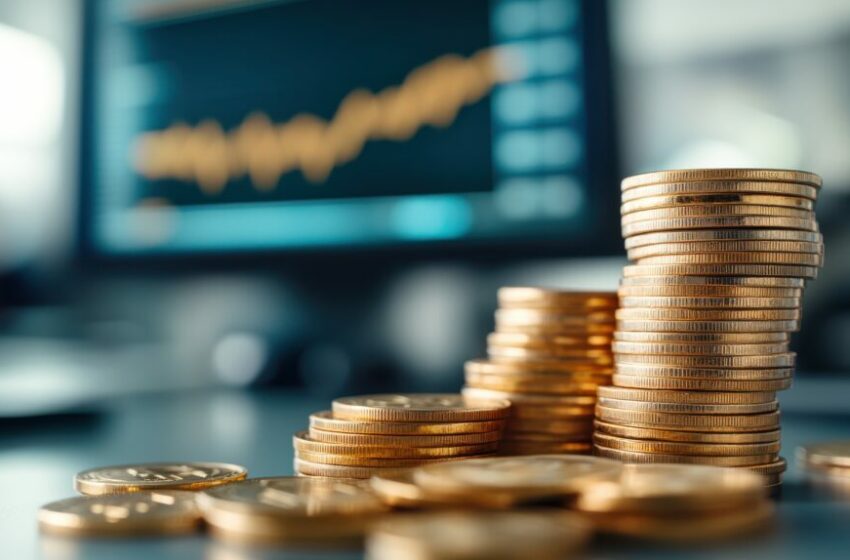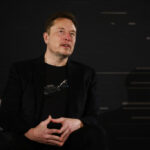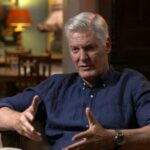
Global Economy on a Knife’s Edge
Recent weeks have witnessed significant developments in the global economy and financial markets. These developments are heightened by possible substantial geopolitical and policy shifts, including Donald Trump’s second term as the President of the United States (US). With a history of protectionist policies, this scenario could significantly influence global trade patterns and market dynamics.
ADVERTISEMENT
CONTINUE READING BELOW
Macroeconomic Trends
With persistent inflation, policymakers have signaled potential policy changes, pushing the 10-year Treasury yield to multi-year highs. This has created ripples across equity markets, particularly in interest-rate sensitive sectors. Across the Atlantic, the United Kingdom has faced its own challenges, with bond yields rising as concerns grow over fiscal sustainability and political stability. These developments highlight the importance of staying nimble in fixed-income investments, focusing on high-quality assets and managing duration risks.
Furthermore, economic indicators suggest a mixed bag, with developed economies exhibiting sluggish growth amidst rising inflation, and emerging economies grappling with currency instability and inflationary pressures.
Trade Growth: A Path with Uncertainty
Global trade has been projected to reach record levels, driven by a 7% increase in services trade. However, this optimistic outlook could face headwinds if protectionist policies resurface, particularly in the US. Trump’s return to power might bring back tariffs and trade restrictions, disrupting global supply chains and slowing trade growth.
Key sectors (such as technology, manufacturing, and consumer goods) reliant on international trade could experience cost increases and reduced market access. In response, many nations and businesses are already diversifying their trade partnerships, seeking opportunities in regions such as Asia, Africa, and Latin America.
Diversification and Regional Opportunities
Emerging markets have remained a mixed bag. India continues to outperform with robust growth, while countries like Turkey and Argentina face inflationary pressures and currency instability. A rise in protectionist policies could accelerate a shift towards intra-regional trade agreements, with nations in the Global South stepping into roles traditionally dominated by advanced economies.
This underscores the importance of regional diversification for investors, seeking opportunities in growing markets with strong governance and potential for long-term growth.
Navigating Risks and Opportunities in Emerging Trends
The tech sector continues to flourish, yet the rapid pace of innovation brings its own geopolitical risks. Emerging markets may struggle to compete in high-tech industries, owing to limited infrastructure and lower levels of skilled labor. Despite this, opportunities abound in sectors benefiting from technological integration, such as green energy, cybersecurity, and healthcare innovation.
Energy Market Shifts
Europe’s energy challenges remain a critical focus as natural gas prices continue to increase. The ongoing conflict in Ukraine has further exacerbated concerns about energy security. Simultaneously, the region’s push towards renewable energy continues to accelerate, creating investment opportunities in technologies like wind, solar, and hydrogen.
As the world transitions to a greener economy, investors focusing on sustainability can capitalize on the long-term growth trajectory.
Preparing for an Unpredictable Future
The global economy is increasingly shaped by complex interactions between economic trends, policy decisions, and geopolitical factors. The potential for protectionist policies to resurface adds yet another layer of uncertainty. That being said, these challenges present opportunities for informed investors who can adapt to the shifting landscape.
By maintaining a diversified portfolio, staying attuned to global trends, and embracing innovation, investors can navigate uncertainties while positioning themselves for long-term success in an ever-changing economic world.
Dr Francois Stofberg is a financial well-being economist at the Efficient Group.
Follow Moneyweb’s in-depth finance and business news on WhatsApp here.




